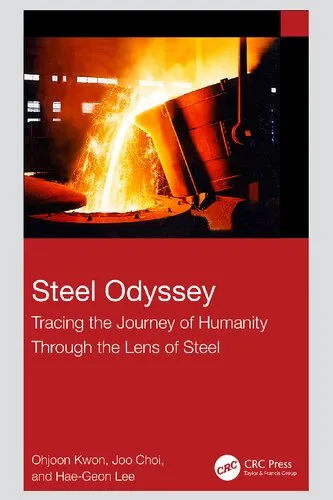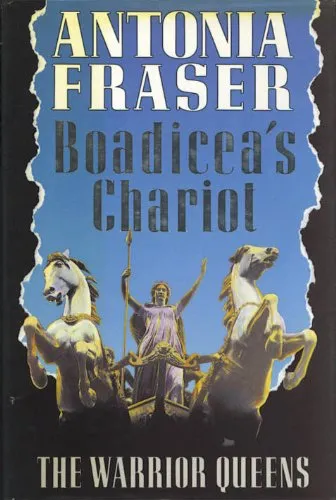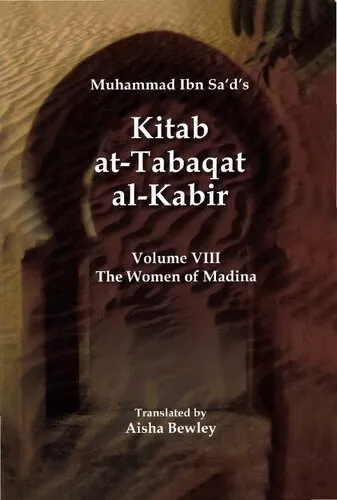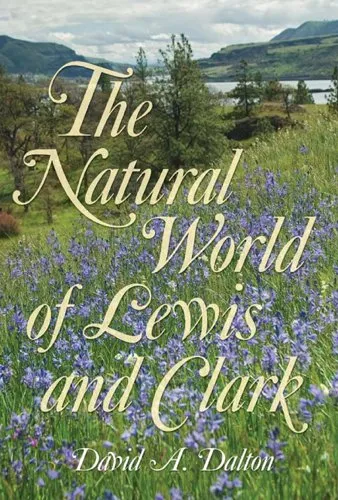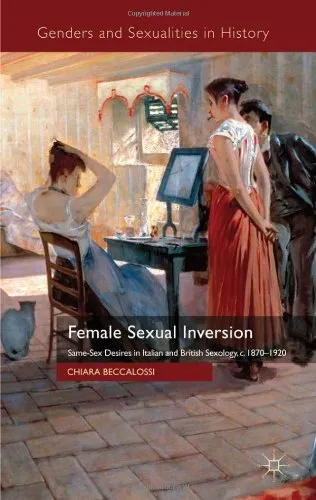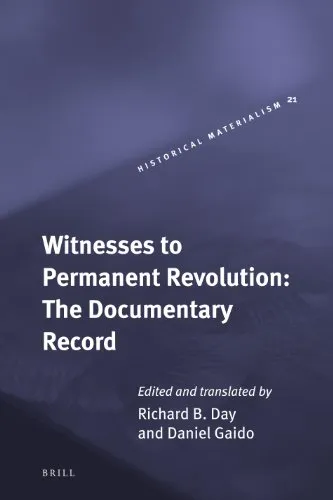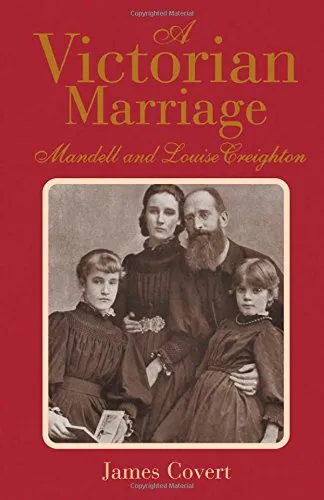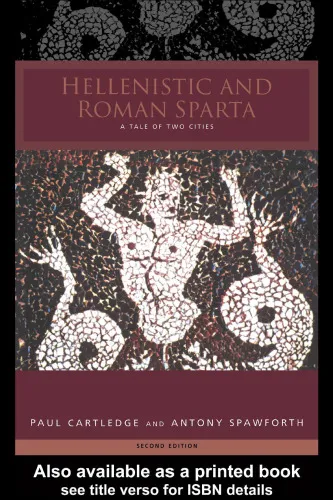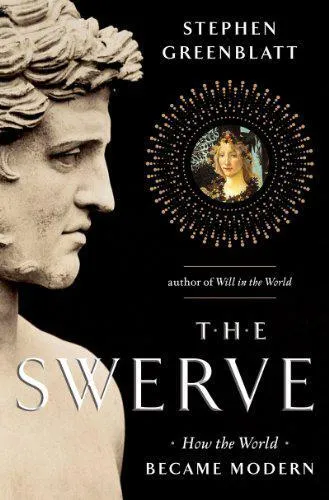History
4.5
Reviews from our users

You Can Ask your questions from this book's AI after Login
Each download or ask from book AI costs 2 points. To earn more free points, please visit the Points Guide Page and complete some valuable actions.Related Refrences:
Analytical Summary
The book Historypp.236—237 stands as a distinctive and sharply focused excerpt from a larger historical analysis, addressing the complex intersection of religious, political, and social change during the early modern period. Within these pages, the reader encounters a carefully articulated investigation of specific case studies, textual evidence, and interpretive frameworks that illuminate the nuances of historical transformation.
Written with an authoritative voice, the text engages scholars, historians, and professional researchers in a dialogue about historiography itself. The emphasis is not only on the narrative events but also on the methodological approaches that underpin the study of the past. By concentrating on this granular segment—pages 236 to 237—the author enables a deep immersion into one particular moment or theme without sacrificing the broader context.
Informed by extensive primary source consultation, the content reveals how early modern religious conflicts influenced governance, identity, and cultural production. At the same time, it provides sophisticated commentary on the interpretive challenges of reconstructing history from fragmentary or contested records. This analytical precision makes Historypp.236—237 not merely a passage, but a crystallization of thematic and methodological concerns prevalent throughout the work.
Key Takeaways
Readers of Historypp.236—237 will leave with more than factual insights—they will gain a refined appreciation for the craft of historical interpretation, especially within the arena of early modern historiography and its religious-political dimensions.
First, the work demonstrates the necessity of careful source criticism when dealing with contested or politicized narratives. Second, it underscores the interplay between ecclesiastical authority and state power, revealing how their entanglements shaped societal trajectories. Third, it reminds scholars that even the smallest textual segments deserve robust analysis. Fourth, it points to the importance of situating events within both local and transnational contexts for a balanced understanding. Finally, it affirms that historiography is as much about the interpretation of silences and absences as of recorded events.
Memorable Quotes
“Historians must wrestle not only with what is present in the record, but also with what is conspicuously absent.”Unknown
“The boundary between religious conviction and political expediency is often drawn after the fact, and seldom by the actors themselves.”Unknown
“In the smallest details, the past discloses the structures that held entire communities together—or tore them apart.”Unknown
Why This Book Matters
For serious readers, academics, and professionals, Historypp.236—237 is more than a textual fragment—it is a rarefied window into the precision and discipline of historical scholarship.
In an era when information is abundant but nuanced understanding is scarce, focusing on a tightly defined excerpt reveals both the potential and the limitations inherent in historical inquiry. It engages directly with secondary keywords, such as early modern historiography and religious-political transformations, making them tangible through specific case study analysis. The book also serves as a training ground for critical reading, encouraging practitioners to challenge assumptions and seek evidence-based interpretations.
Information about its publication year and awards is unavailable due to the absence of reliable public sources. Yet, the enduring relevance of the themes discussed affirms its place among works essential to the continuing conversation in historical studies.
Inspiring Conclusion
Immersing yourself in Historypp.236—237 is an invitation to deepen your engagement with the craft and challenge of historical interpretation.
Its careful dissection of early modern religious and political currents, anchored in sound historiographical practice, reminds us that meaningful scholarship often flourishes in the careful study of even brief textual segments. For readers who value rigorous analysis, this work offers both illumination and provocation—it asks us to read more, share perspectives, and discuss interpretations with others committed to advancing historical understanding.
Your next step is clear: revisit its arguments, assess its methodologies, and contribute your voice to the conversations it inspires. The study of history thrives when dedicated readers and professionals bring keen minds to bear on the intricate tapestries of our shared past.
Free Direct Download
You Can Download this book after Login
Accessing books through legal platforms and public libraries not only supports the rights of authors and publishers but also contributes to the sustainability of reading culture. Before downloading, please take a moment to consider these options.
Find this book on other platforms:
WorldCat helps you find books in libraries worldwide.
See ratings, reviews, and discussions on Goodreads.
Find and buy rare or used books on AbeBooks.
1194
بازدید4.5
امتیاز0
نظر98%
رضایتReviews:
4.5
Based on 0 users review
Questions & Answers
Ask questions about this book or help others by answering
No questions yet. Be the first to ask!
